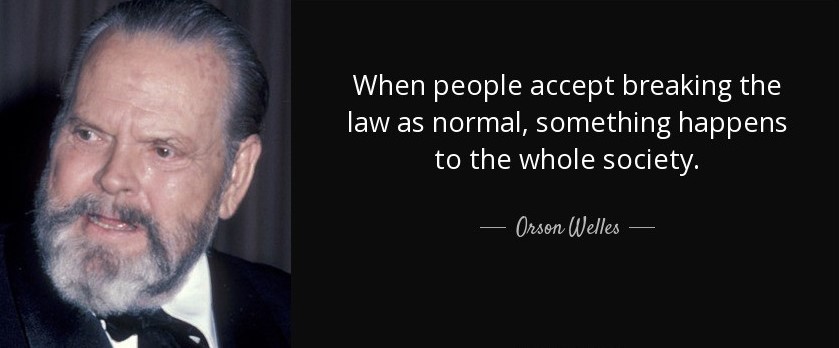Presidential Power to Declassify Information, ExplainedWhile it is legally irrelevant, former President Donald J. Trump claims he had declassified the top secret files the F.B.I. seized at his Florida residence.
On Friday, Mr. Trump’s office claimed that when he was president, he had a “standing order” that materials “removed from the Oval Office and taken to the residence were deemed to be declassified the moment he removed them,” according to a statement read on Fox News by a right-wing writer Mr. Trump has designated as one of his representatives to the National Archives.
Apart from whether there is any evidence that such an order actually existed, the notion has been greeted with disdain by national security legal specialists. Glenn S. Gerstell, the top lawyer for the National Security Agency from 2015 to 2020, pronounced the idea that whatever Mr. Trump happened to take upstairs each evening automatically became declassified — without logging what it was and notifying the agencies that used that information — “preposterous.”The claim is also irrelevant to Mr. Trump’s potential troubles over the document matter, because none of the three criminal laws cited in a search warrant as the basis of the investigation depend on whether documents contain classified information.
Is the classification system enforced by criminal law?
Largely not.
For the most part, the classification system is about bureaucratic controls. The main punishment for disobedience is administrative: Officials can be admonished, lose their security clearances and be fired.Can presidents declassify matters directly?
Yes, because it is ultimately their constitutional authority.
Do presidents have to obey the usual procedures?
There is no Supreme Court precedent definitively answering that question.Can a president secretly declassify information without leaving a written record or telling anyone?
That question, according to specialists in the law of government secrecy, is borderline incoherent.If there is no directive memorializing a decision to declassify information and conveying it to the rest of the government, the action would essentially have no consequence, as departments and agencies would continue to consider that information classified and so would continue to restrict access to documents containing it.
“Hypothetical questions like ‘What if a president thinks to himself that something is declassified? Does that change its status?’ are so speculative that their practical meaning is negligible,” said Steven Aftergood, a secrecy specialist with the Federation of American Scientists.
He added: “It’s a logical mess. The system is not meant to be deployed in such an arbitrary fashion.”
Huh??
Despite the NYT article assertion that declassification is irrelevant, in my opinion it does not provide comfort that T**** is going to be indicted, convicted and jailed for anything. Maybe a sharply worded rebuke from someone might be forthcoming. Or maybe not.
Borderline incoherence is not illegal. In fascist Republican politics, it is as common as actual incoherence. It’s also not rare in Democratic Party politics. Speculation that is preposterous or that has negligible practical meaning is also not illegal. Aiding in T****’s defense is the expert’s assertion that the system “is a logical mess” and a statement that “the system is not meant to be deployed in such an arbitrary fashion.” Who gives a hoot about how a system is meant to be deployed, unless that intent is backed by meaningful criminal law? Fascist Republicans could not care less about the “spirit of the law.” They do care about winning, power and wealth.
Heck, they usually don’t even care much or at all about “the letter of the law,” since it is so rarely applied to politics.
All-in-all, it sounds a lot like we have a mostly toothless secrecy system that is easily and legally subverted by (i) a treasonous or corrupt president, and (ii) a bureaucrat, treasonous or corrupt or not.
Preposterous speculation
Maybe the law about retaining government documents that T**** and the Republicans in congress passed (in 2018?) will come back to bite the traitor. T**** and the Republicans passed that law to nail Hillary Clinton with a felony if it turned out that she had illegally kept government documents. She didn't break the Republican anti-Hillary law, but maybe T**** did.
Unfortunately, whacking T**** with his own law requires the DoJ to have the guts to vindicate the rule of law. In view of its track record so far, that assumption is preposterous speculation. It is deployed in such an arbitrary fashion that it carries negligible practical meaning, if you catch my drift.


No comments:
Post a Comment